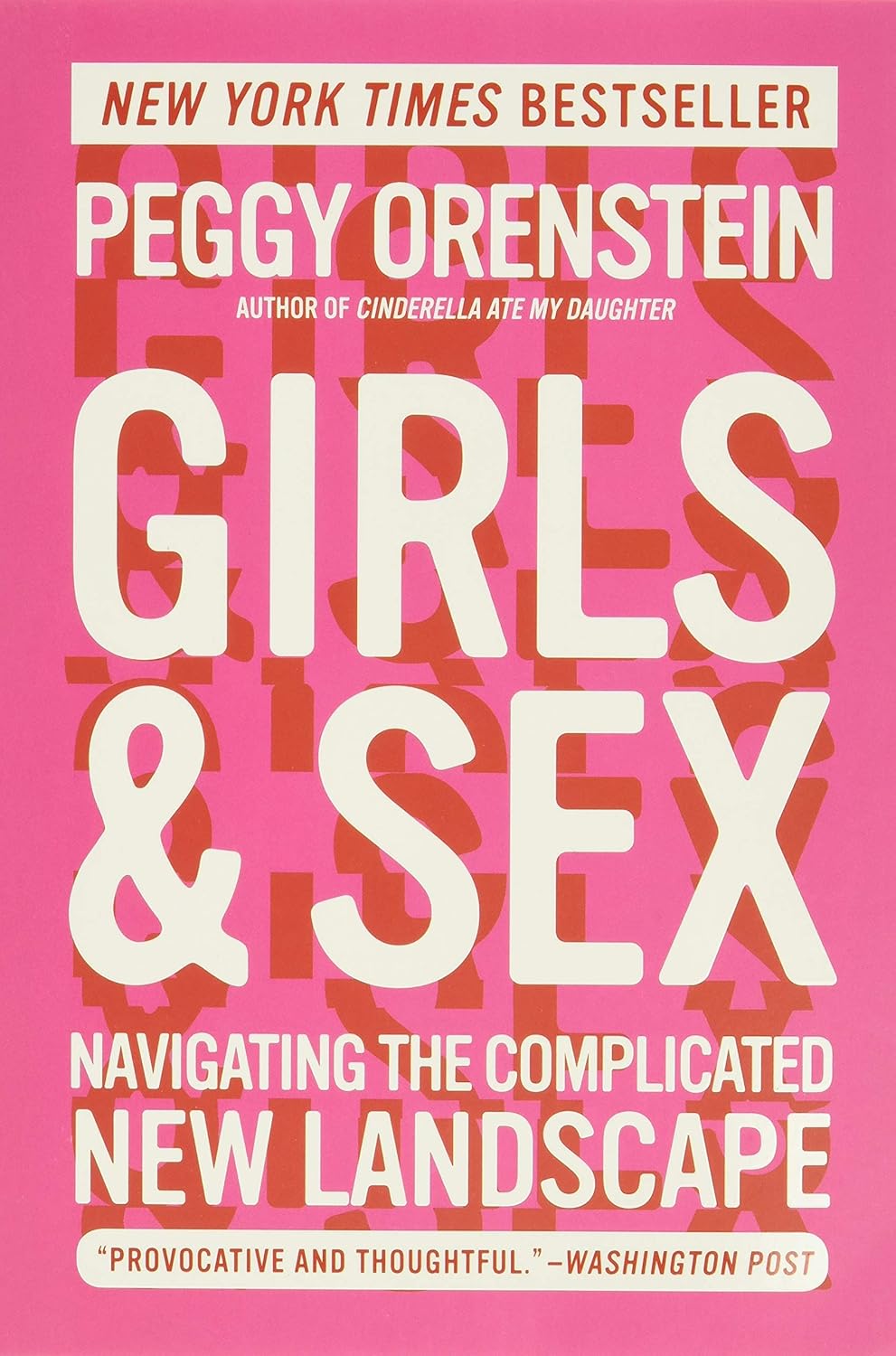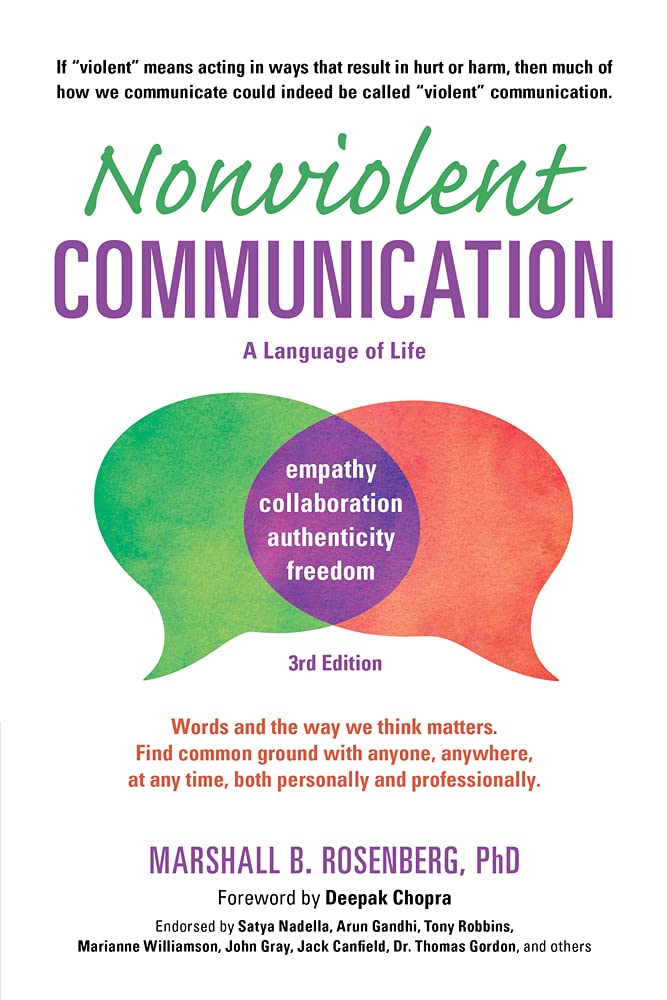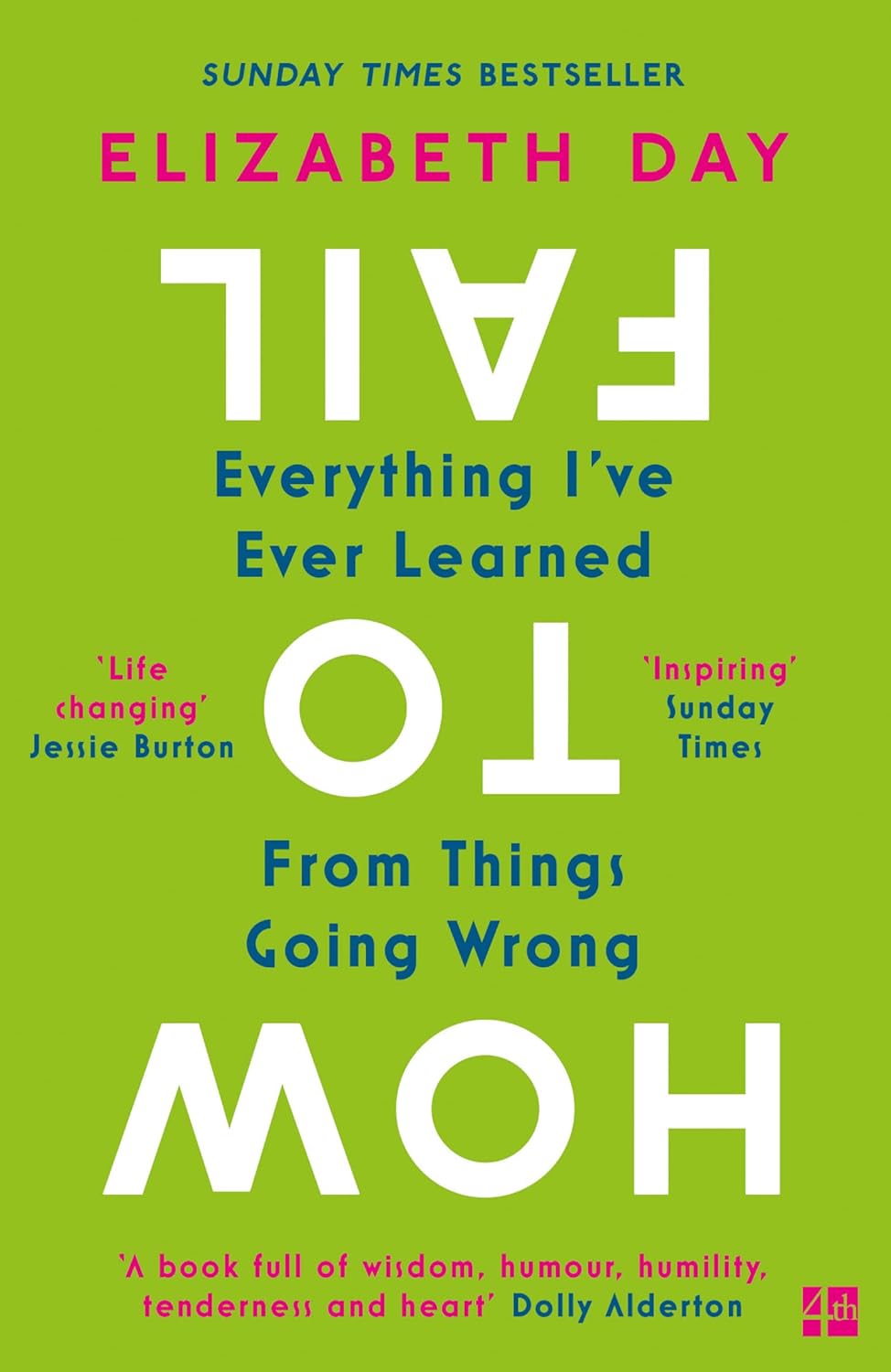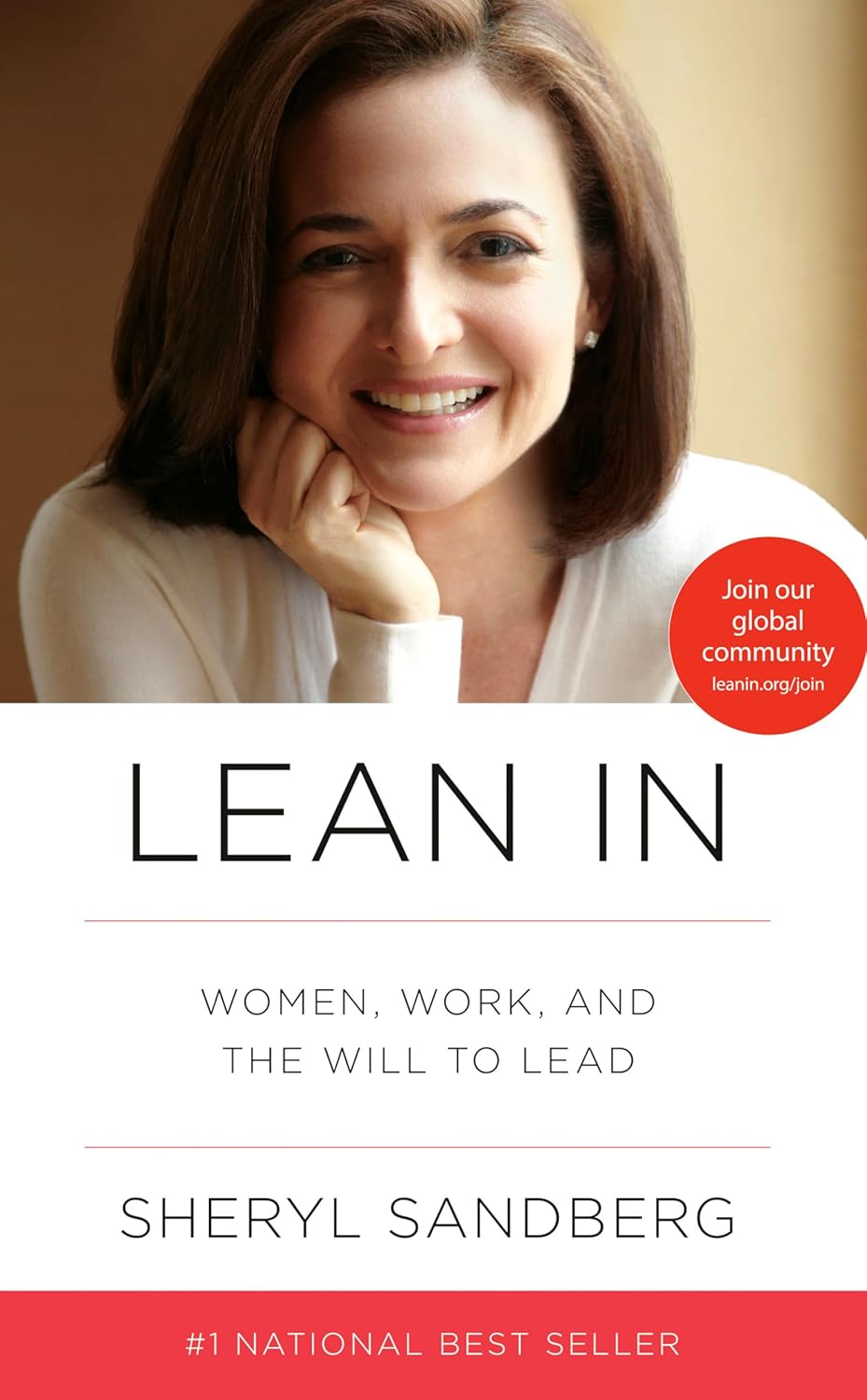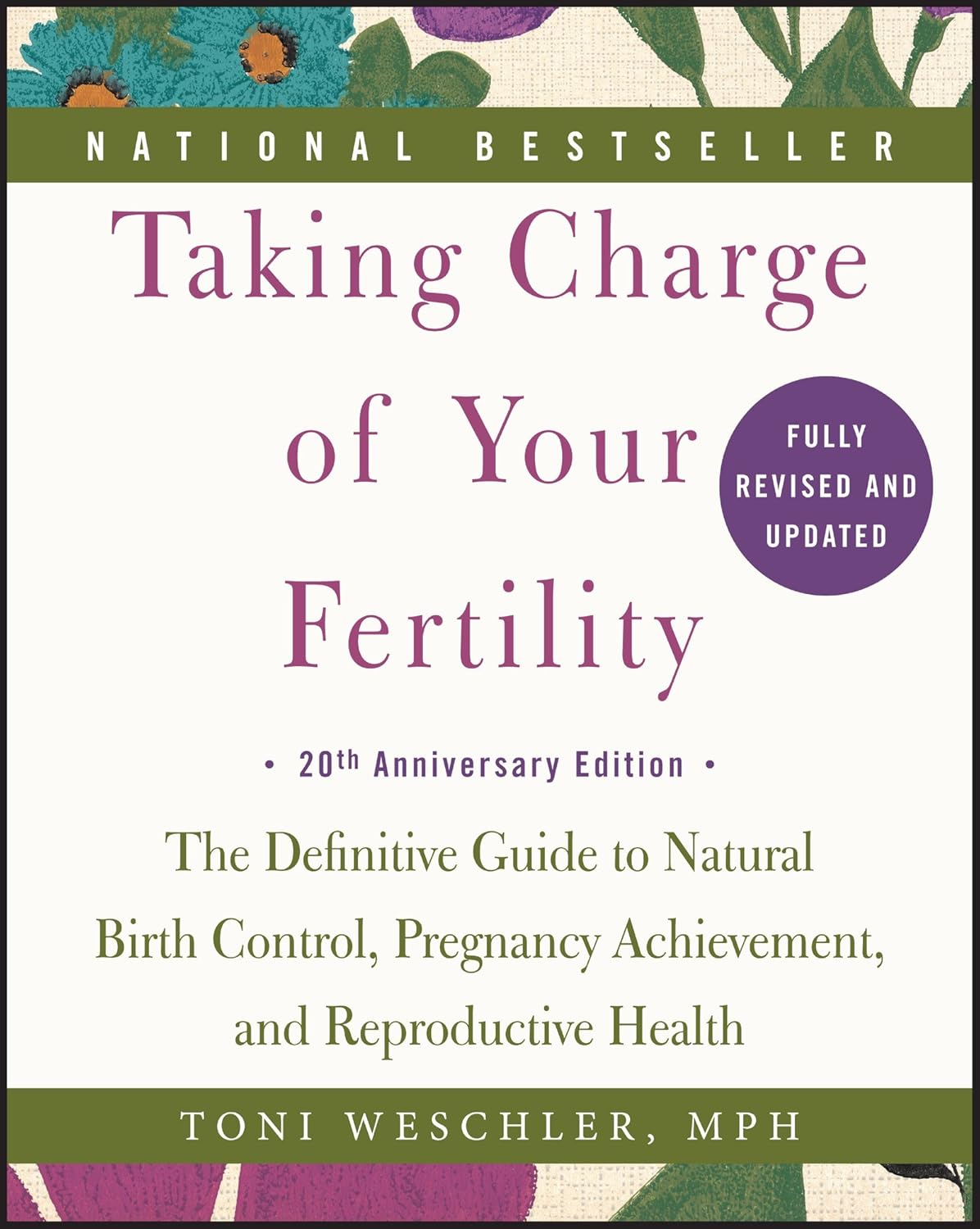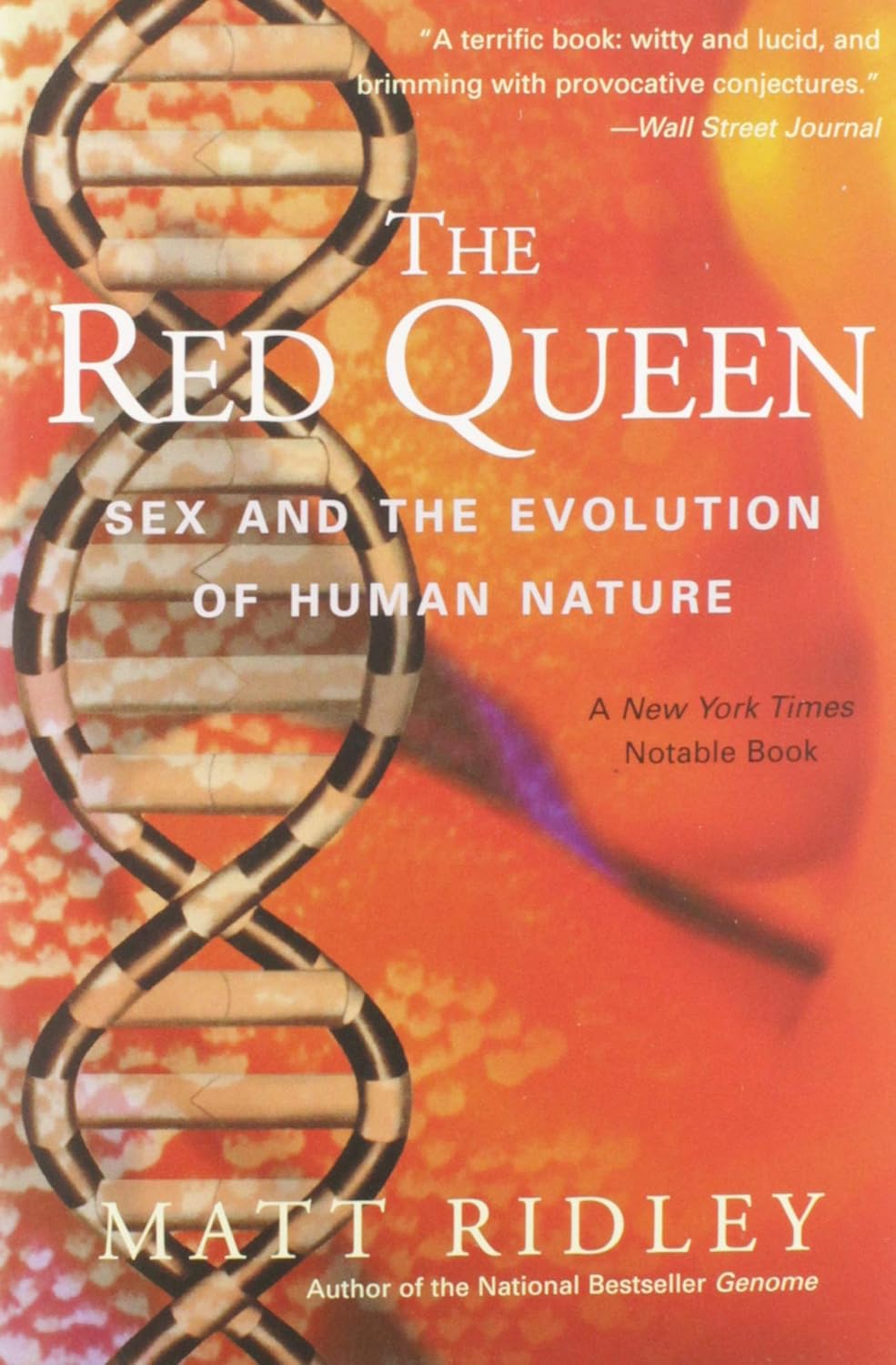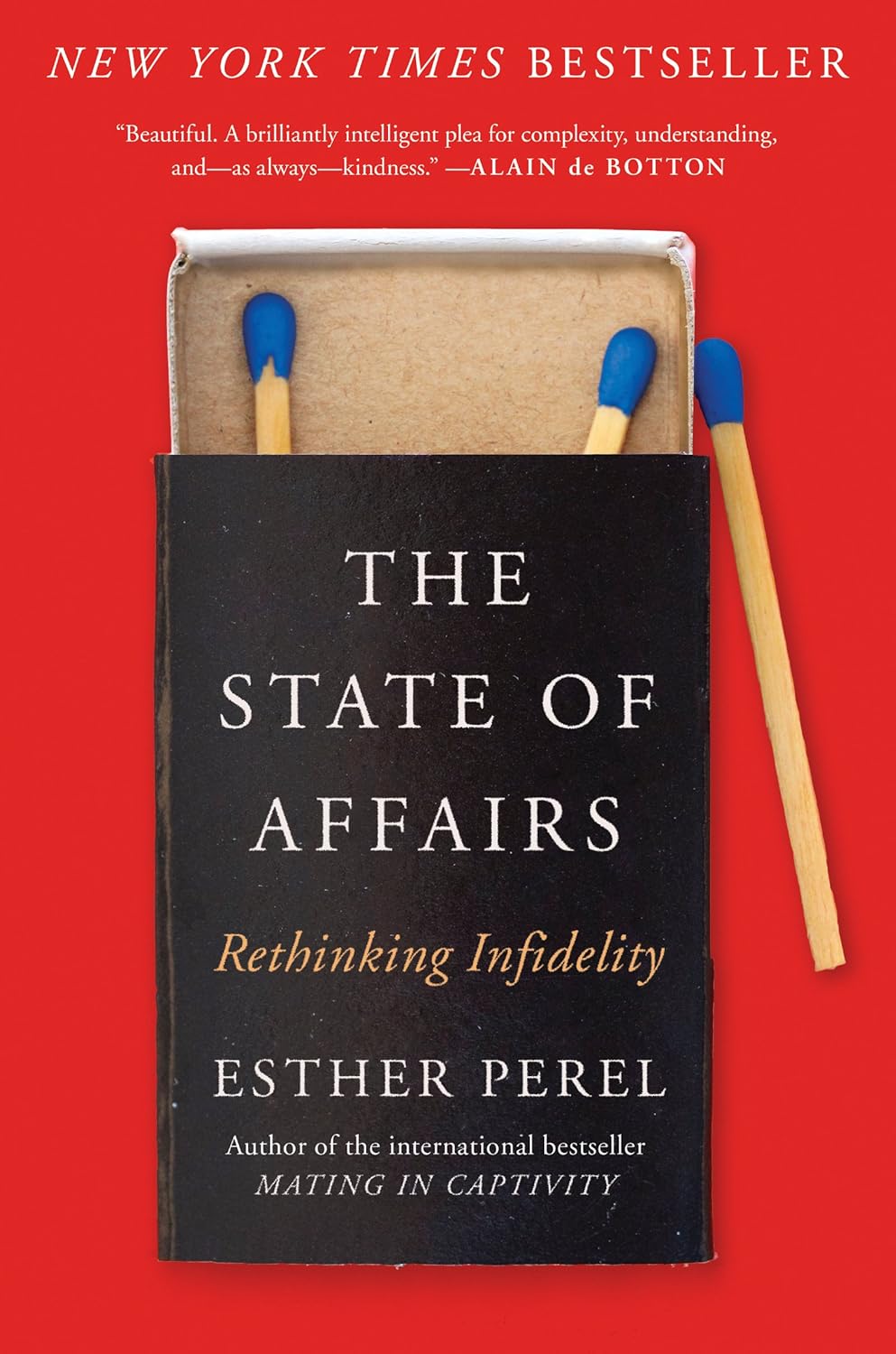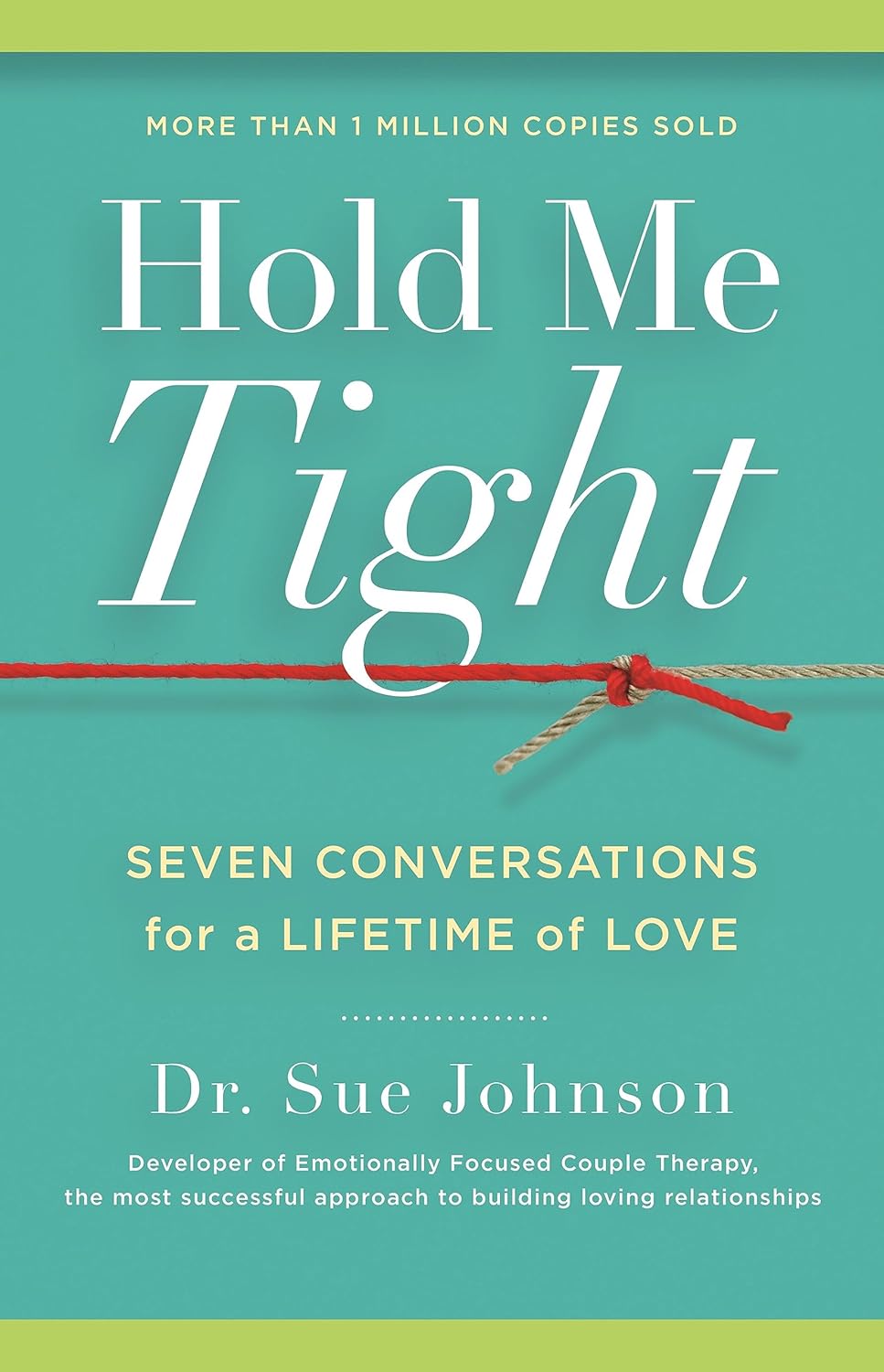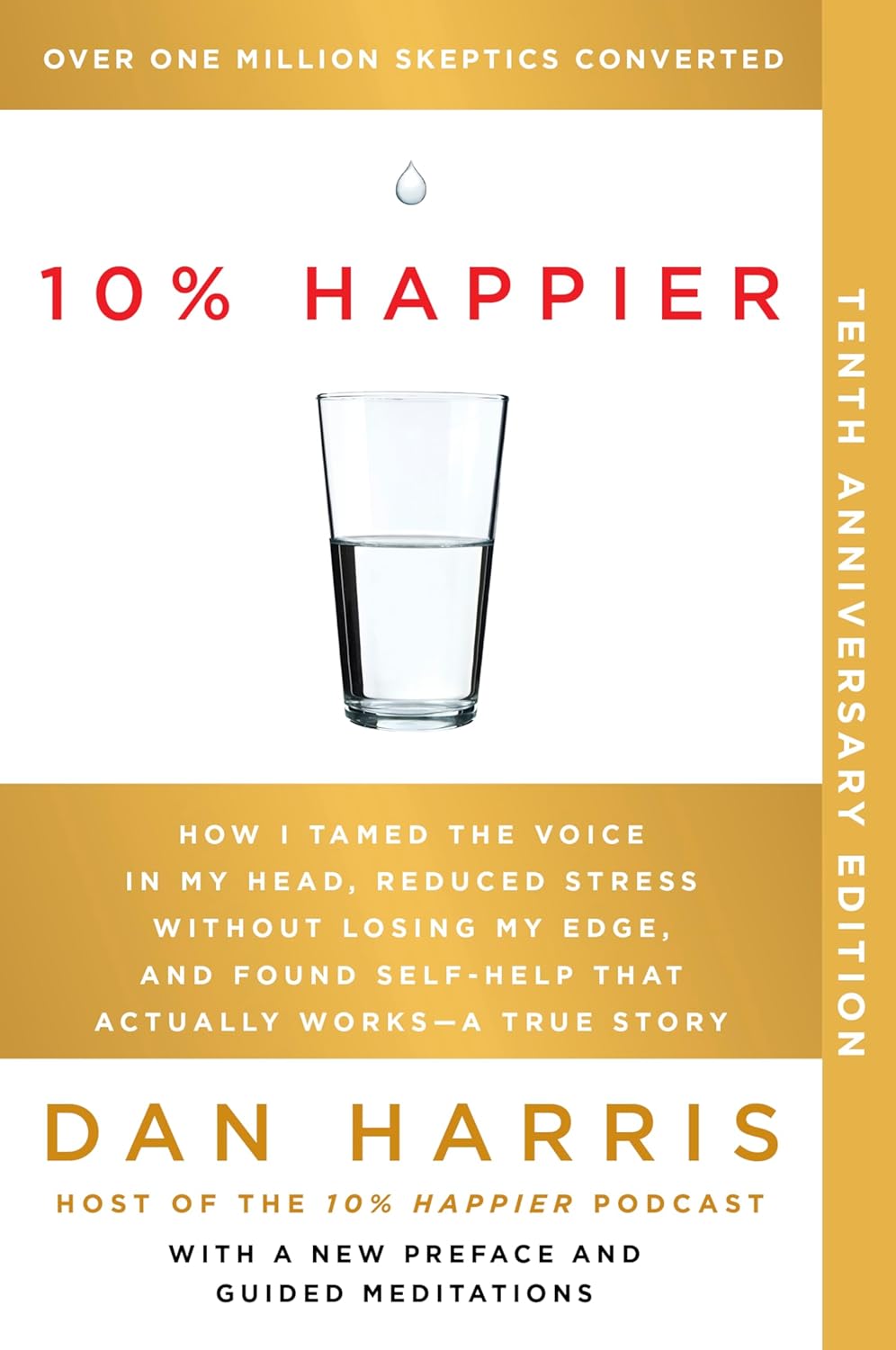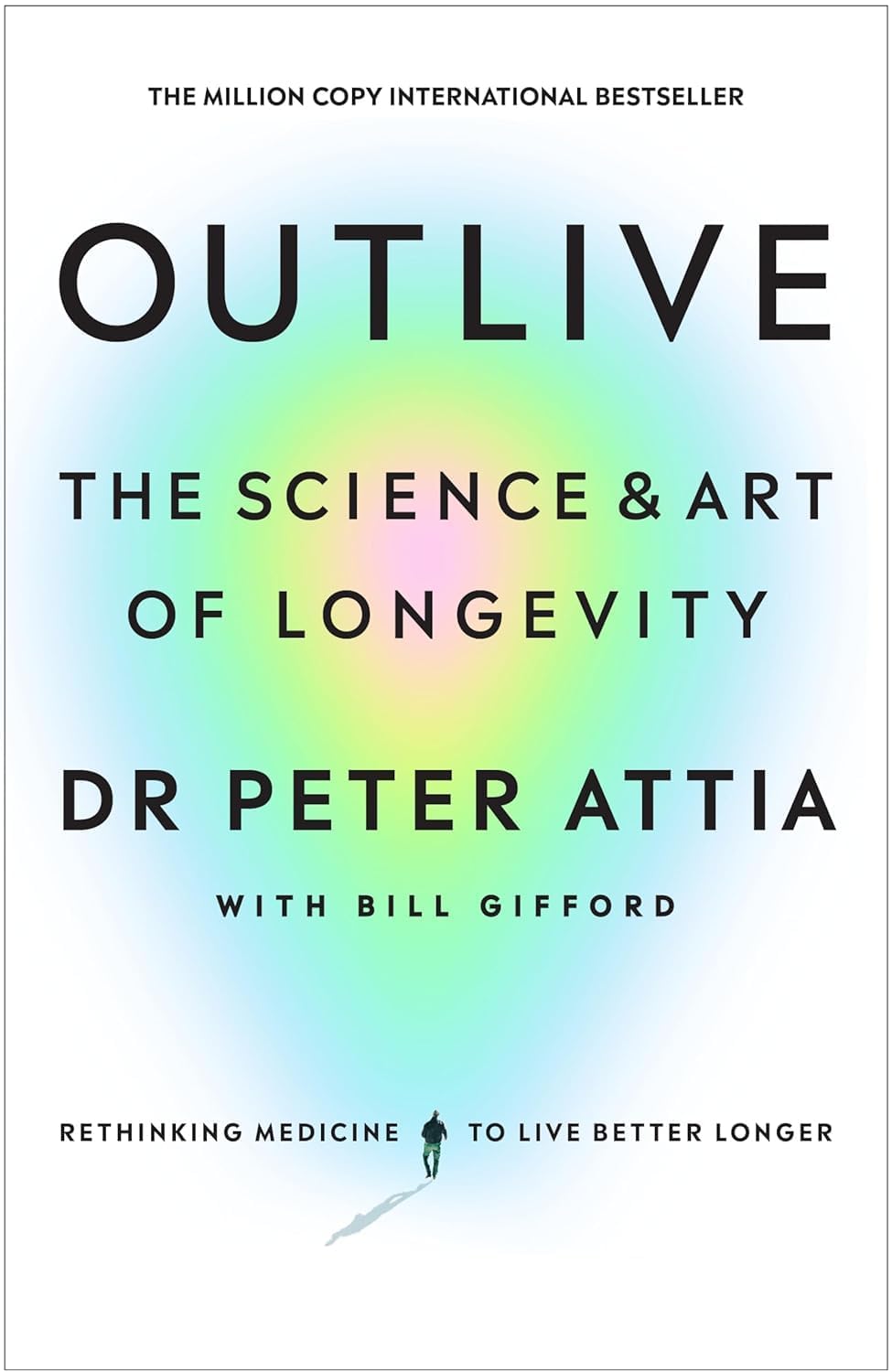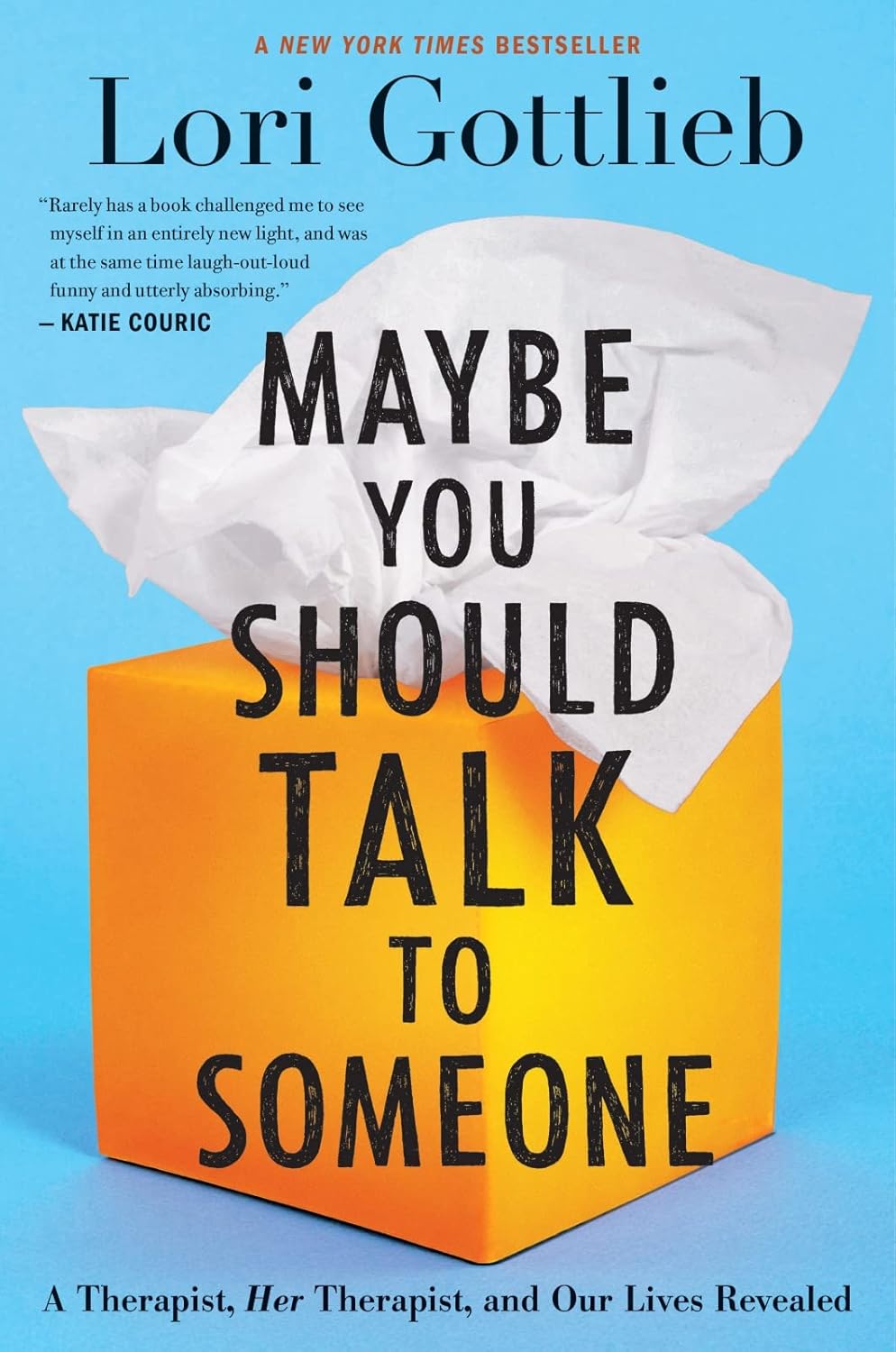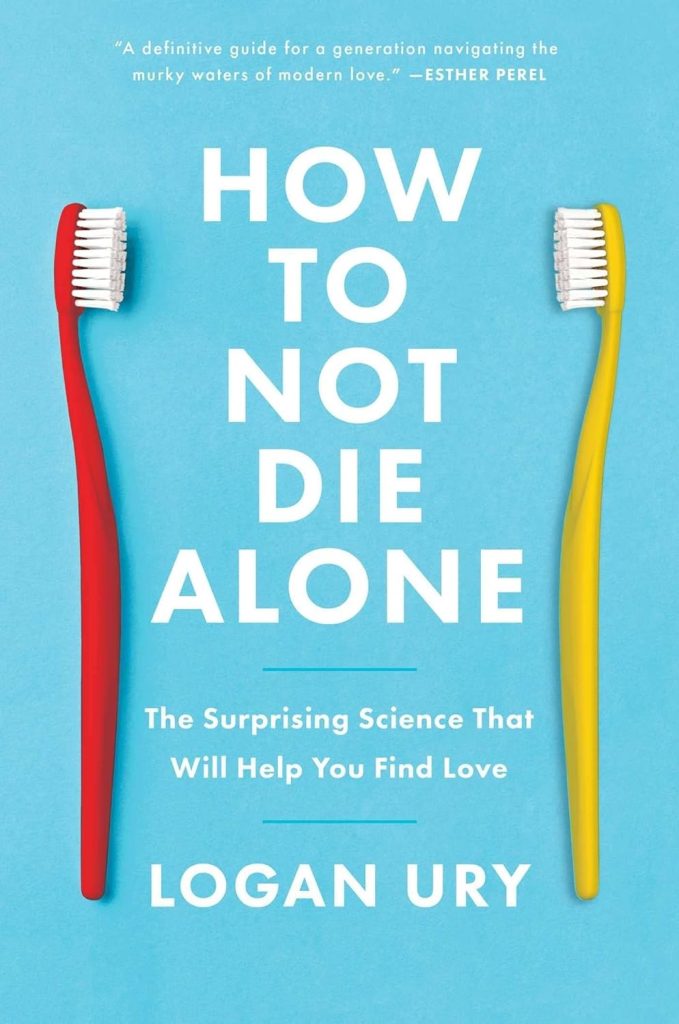
Buy The Book
How to Not Die Alone: The Surprising Science That Will Help You Find Love
About
This insightful work blends behavioral science, real-life anecdotes, and practical advice to help readers understand and navigate the complexities of modern dating. It delves into common pitfalls, such as unrealistic expectations and self-sabotaging tendencies, while offering strategies to build meaningful, lasting connections. With a compassionate tone and straightforward tips, it encourages readers to reflect on their own habits and approach relationships with intentionality. The book is designed to empower individuals in their romantic pursuits, making the daunting world of dating feel more manageable and optimistic.
The author, Logan Ury, is a behavioral scientist, dating coach, and director of relationship science at a prominent dating platform. Her expertise lies in applying research from psychology and data-driven insights to modern relationships, guiding people toward stronger, healthier connections.
For People
– Individuals struggling with modern dating
– Professionals seeking evidence-based dating advice
– People seeking long-term, meaningful relationships
– Fans of self-help and personal growth content
– Those re-entering the dating world after a break

Spark
Review
Like this
✦ SECTION 1. GETTING READY (CHAPTER 1-7)
The process of finding a lasting and meaningful relationship starts with a deep dive into personal reflection. It requires understanding the patterns and behaviors that have shaped past romantic experiences, as well as uncovering motivations and setting realistic expectations for the future. Many people enter the dating world without fully examining the internal narratives that guide their decisions or the external influences that subtly shape their preferences. These factors often lead to repeated mistakes or unproductive habits that can prevent the formation of strong, lasting connections. Acknowledging these tendencies and reflecting on past experiences paves the way for a healthier approach to love and relationships.
One of the biggest obstacles to finding a fulfilling partnership is the overwhelming influence of societal pressures. Whether imposed by family, friends, or broader cultural expectations, these external forces often conflict with personal desires and values. Many people feel compelled to pursue relationships or milestones that fit a certain timeline or societal mold, even if they don’t align with what they truly want. This can result in frustration, dissatisfaction, or a sense of failure when those goals aren’t met. By taking the time to differentiate between external expectations and internal needs, it becomes easier to define a personal vision of what a meaningful relationship looks like. This clarity is critical in determining the type of partner and partnership worth pursuing.
Another vital piece of preparation involves assessing emotional readiness. Diving into the world of dating without addressing fears, insecurities, or unresolved issues from the past can lead to self-sabotage. For example, some people avoid vulnerability out of fear of rejection, while others shy away from commitment due to anxiety about losing independence. These emotional barriers can create patterns that prevent deeper connections from forming. The key is to identify and confront these obstacles head-on, recognizing that they are not insurmountable. Building self-awareness isn’t just about pinpointing weaknesses but also about celebrating strengths—acknowledging the unique qualities, values, and attributes that can enrich a partnership. This balance of self-reflection and self-compassion lays the groundwork for a healthier approach to dating.
It’s also important to challenge the notion of perfection when it comes to seeking a partner. Many people fall into the trap of chasing an idealized version of a partner, often based on superficial qualities or a rigid checklist of traits. This mindset can create unrealistic expectations and close off opportunities to connect with potential matches who may not fit the mold but are deeply compatible in more meaningful ways. The goal isn’t to find a flawless partner but to seek someone whose values, priorities, and lifestyle align with one’s own. Shifting this perspective allows for a more open and compassionate approach to dating, emphasizing compatibility and shared goals over perfection.
Understanding the psychological and scientific principles behind relationships provides additional tools for navigating the search for love. Research highlights how biases and cognitive tendencies impact decision-making in romantic contexts. For instance, the paradox of choice—the overwhelming array of options in today’s dating landscape—can lead to indecision or dissatisfaction. Similarly, attachment styles formed during childhood often shape how individuals approach intimacy and connection as adults. By becoming aware of these psychological patterns, it becomes easier to approach dating with greater intention, clarity, and self-awareness. These insights enable daters to make choices that are more aligned with their long-term goals and emotional needs.
Setting realistic expectations is another cornerstone of preparing for a successful relationship. Unrealistic standards—whether for a partner, the relationship itself, or the speed at which it develops—can lead to unnecessary frustration and disappointment. Many people expect instant chemistry or immediate certainty, but meaningful relationships often take time to grow and deepen. Focusing on nurturing a connection gradually, rather than rushing to meet arbitrary milestones, fosters a healthier dynamic and reduces pressure on both individuals. Viewing relationships as an evolving process rather than a fixed destination creates space for patience, understanding, and genuine intimacy.
A proactive approach to dating is essential in increasing the likelihood of meeting a compatible partner. Relying solely on chance encounters or waiting for fate to intervene is often insufficient. Instead, deliberate and strategic actions, such as effectively using dating apps, attending social events, or asking friends for introductions, can create more opportunities to meet potential matches. Preparation involves more than just emotional readiness; it also requires taking practical steps that align with the goal of finding a meaningful connection. Being intentional about how and where to invest time and energy ensures that the search for love is both efficient and aligned with personal values.
Ultimately, the foundation of a successful romantic journey lies in self-awareness, emotional preparation, and intentionality. By reflecting on past patterns, addressing personal barriers, and shifting focus toward meaningful compatibility, it’s possible to approach dating with clarity and purpose. Recognizing that love isn’t about finding perfection, but rather about building alignment, fosters a more compassionate and realistic perspective. Armed with the tools of self-reflection, understanding of psychological principles, and a proactive approach, the path to a fulfilling relationship becomes clearer and more achievable.
✦ SECTION 2. GETTING OUT THERE (CHAPTER 8-12)
Stepping into the dating world requires action, intention, and a willingness to take risks. Waiting passively for the right person to stumble into your life isn’t a reliable strategy—building a meaningful connection means putting yourself out there and actively engaging with the process. This doesn’t mean forcing interactions or treating dating as a checklist to complete; instead, it’s about showing up with purpose and creating opportunities for connection. Taking deliberate steps to meet new people, whether through dating apps, social events, or mutual introductions, ensures that you aren’t leaving your love life to chance. By choosing to participate fully in the process, you can increase the likelihood of finding someone whose values, goals, and personality align with yours.
Modern dating offers more options than ever, but this abundance can be a double-edged sword. Dating apps, while convenient, often leave people feeling overwhelmed by the sheer number of choices. The temptation to keep swiping in search of someone “better” can lead to frustration and decision paralysis. To combat this, it’s important to approach dating with focus and intentionality. Instead of treating the process as a numbers game, take the time to thoughtfully engage with a smaller pool of potential matches. Ask yourself whether a connection with someone feels worth exploring further, even if they don’t meet every item on your mental checklist. Quality matters far more than quantity when it comes to meaningful relationships.
When meeting someone new, it’s important to approach the experience with curiosity and an open mind. Snap judgments based on surface-level traits or first impressions often lead to missed opportunities. While initial chemistry is exciting, it’s not the sole predictor of long-term compatibility. Instead of fixating on whether someone checks all the boxes immediately, focus on building rapport and discovering who they are on a deeper level. Sometimes the most fulfilling relationships emerge from connections that weren’t immediately obvious. Giving someone the chance to show their character and values over time allows for a more authentic bond to grow.
Rejection is an inevitable part of the dating process, but it doesn’t have to feel like a personal failure. It’s easy to internalize rejection and see it as a reflection of your worth, but this mindset can be damaging and counterproductive. Instead, reframing rejection as a normal and even useful part of dating can help you move forward with resilience. Every “no” you encounter is simply redirecting you toward the right “yes.” Viewing rejection as a form of feedback—rather than a personal slight—can make it easier to maintain confidence and stay motivated. It’s a natural part of the search for a meaningful connection, and learning to handle it with grace is an essential skill.
Letting go of the wrong relationships is just as important as finding the right one. It can be tempting to hold onto a connection that feels comfortable or promising in certain ways, even if deep down it doesn’t align with your values or long-term goals. Recognizing when a relationship isn’t serving you and having the courage to walk away is an act of self-respect. It’s not about giving up too easily but about being honest with yourself about what you truly want and need. Letting go of a relationship that doesn’t feel right creates space for something better to come along. Trusting your instincts and prioritizing your well-being is critical to building a healthy and fulfilling partnership.
Balancing vulnerability with self-protection is another key aspect of successful dating. Opening yourself up to new experiences and people requires courage, but it’s important to do so in a way that feels safe and authentic. Sharing too much too quickly can create unnecessary pressure or lead to disappointment, while withholding your emotions entirely may prevent a genuine connection from forming. Striking a balance between the two allows trust to develop naturally over time. Vulnerability, when expressed thoughtfully, fosters intimacy and creates the conditions for a deeper bond. It’s a strength, not a weakness, and finding the right balance is essential for building trust and connection.
Effective communication is another cornerstone of dating. Clear and honest communication helps establish mutual understanding and sets the foundation for a strong connection. Expressing your feelings, intentions, and boundaries in a way that is both kind and direct can prevent misunderstandings and ensure that both you and the other person are on the same page. Beyond speaking, listening is just as important. Truly hearing and understanding what the other person is saying—and responding with empathy—creates a sense of mutual respect and builds emotional intimacy. Communication is the thread that ties relationships together, and practicing it well is essential for long-term success.
Patience and persistence are crucial when navigating the dating world. It’s easy to feel discouraged when things don’t go as planned—whether it’s a bad date, a lack of chemistry, or a promising connection that fizzles out. However, the process of dating is rarely linear, and setbacks are a natural part of the journey. Viewing each experience as an opportunity to learn and grow can make the process feel more rewarding. Reflecting on what worked and what didn’t after each interaction allows you to refine your approach and move closer to finding the right match. Rather than seeing dating as a series of wins and losses, reframing it as a journey of self-discovery and exploration can help you stay grounded and hopeful.
Finally, staying true to your values and long-term goals is essential when putting yourself out there. The challenges and frustrations of dating can sometimes lead to compromises or settling for less than what you truly want. However, staying grounded in your priorities ensures that you’re building a relationship on a strong and sustainable foundation. Alignment in key areas, such as values, life goals, and communication styles, is what creates lasting compatibility. By taking a proactive approach, being open to possibilities, and staying intentional about your choices, you can navigate the dating world with clarity and confidence, setting the stage for a meaningful and fulfilling relationship.
✦ SECTION 3. GETTING SERIOUS (CHAPTER 13-18)
Reaching the stage where a relationship becomes more serious requires a shift in focus, as the dynamics of dating evolve into the foundations of a partnership. When deciding to commit to someone, clarity about shared values, long-term compatibility, and mutual goals becomes essential. Relationships built solely on surface-level attraction or fleeting excitement often falter when deeper, more meaningful aspects are overlooked. By prioritizing alignment in your core values and life vision, you can create a relationship that has the potential to grow and thrive over time.
One of the first steps in getting serious is confronting the myths and unrealistic expectations that many people bring into relationships. The idea that true love should always feel effortless or that the right person will “complete” you are common misconceptions that can lead to disappointment. Relationships require effort, compromise, and a willingness to grow together. Rather than expecting perfection, it’s more important to focus on building a strong connection based on trust, respect, and shared purpose. Accepting that no relationship is without challenges creates a more realistic and sustainable foundation for long-term commitment.
Another key aspect of commitment is learning to distinguish between deal-breakers and preferences. It’s important to identify the non-negotiables—values, behaviors, or goals that are essential to you in a partner—while also recognizing where flexibility is possible. Holding on too tightly to superficial preferences, such as specific physical traits or hobbies, can cause you to overlook someone who might be deeply compatible in more important ways. On the other hand, ignoring true deal-breakers, like differing values around family, finances, or lifestyle, can lead to unresolved tension in the future. Getting serious means taking an honest look at what truly matters and making thoughtful, intentional decisions about compatibility.
As relationships progress, communication becomes even more crucial. Open and honest conversations about intentions, expectations, and future plans help both partners ensure they are aligned. It’s not about having every detail of the future figured out but about confirming that your visions for life are compatible. Topics like marriage, children, finances, and personal goals often become more prominent as a relationship deepens. Addressing these topics early and with clarity prevents misunderstandings and helps both people decide whether the relationship has long-term potential. Being willing to have these sometimes difficult conversations shows a level of maturity and commitment that is necessary for a serious partnership.
Conflict is inevitable in any relationship, but how it is handled makes all the difference. Moving from casual dating to a more serious partnership means learning how to navigate disagreements in a healthy and productive way. Avoiding conflict or allowing it to escalate into hostility can damage the foundation of trust and respect. Instead, practicing constructive communication during disagreements—like listening actively, expressing feelings without blame, and working toward solutions—strengthens the relationship. Conflict, when handled well, can actually bring partners closer by deepening their understanding of each other’s needs and perspectives. It’s not about avoiding arguments but about resolving them in ways that foster growth and intimacy.
Commitment also requires vulnerability. Opening up about fears, insecurities, and past experiences can feel uncomfortable, but it is essential for building a deeper emotional connection. Vulnerability allows both partners to feel seen and understood, creating a sense of safety and trust within the relationship. Sharing these deeper parts of yourself fosters intimacy and helps solidify the bond between you and your partner. It’s not just about being emotionally open but also about supporting your partner when they share their own vulnerabilities. This mutual exchange of openness creates the foundation for a partnership that can withstand challenges and grow stronger over time.
One of the challenges of getting serious is balancing individuality with togetherness. As relationships deepen, it’s natural for lives to become more intertwined, but it’s also important to maintain a sense of self. Healthy relationships are built on mutual respect for each other’s individuality, allowing both partners to pursue their own goals, interests, and friendships. Losing yourself entirely in a relationship can lead to resentment or dependency, while maintaining your own identity supports a stronger partnership. A balance between independence and interdependence creates a dynamic where both people feel supported and valued for who they are as individuals.
Making a long-term commitment also involves recognizing the importance of effort and intentionality. Relationships don’t thrive on autopilot—they require ongoing care and attention. Small, consistent acts of love and appreciation help keep the connection strong over time. Whether it’s prioritizing quality time together, expressing gratitude, or supporting each other through challenges, these efforts build a solid foundation for lasting love. Commitment is not a one-time decision but an ongoing process of choosing each other every day.
Getting serious also means addressing fears and anxieties about commitment. Many people struggle with doubts or insecurities when taking a relationship to the next level, whether due to past experiences, fear of vulnerability, or uncertainty about the future. Acknowledging these fears and working through them—either individually or with your partner—can help you move forward with confidence. Commitment doesn’t mean eliminating all doubts but rather choosing to invest in the relationship despite them. It’s about trusting that both you and your partner are willing to put in the effort to build something meaningful together.
Ultimately, getting serious is about building a partnership rooted in mutual respect, shared values, and a commitment to growth. It’s not about finding someone who is perfect, but about choosing someone who is willing to work through life’s challenges with you. By fostering open communication, practicing vulnerability, and maintaining a balance between individuality and togetherness, you can create a relationship that is both deeply fulfilling and resilient. Moving into this stage requires intentionality and effort, but the rewards of a strong, lasting connection make it worth the investment.







